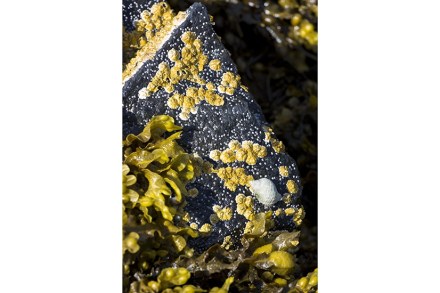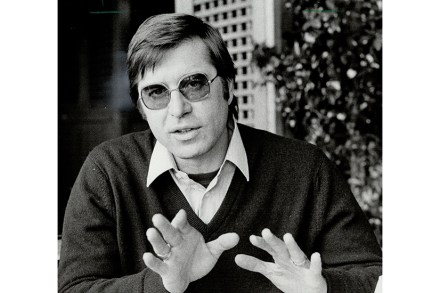What’s a scribbled signature worth?
In 2002 I was living in Berlin. One day my upstairs neighbour Peter told me he had just returned from outside the Hotel Adlon, having seen the self-proclaimed ‘King of Pop’ casually dangling a baby from a third-floor window. Peter was not there among the onlookers as a Michael Jackson fan but rather as a committed autograph collector and dealer, accustomed to haunting stage doors and hotel entrances when celebrities visited the city, tipped off by specialist monthly news-sheets giving the names, dates and locations of likely suspects. He failed to secure a signature that day, but at least witnessed one of the more notorious examples of hands-on parenting of




















